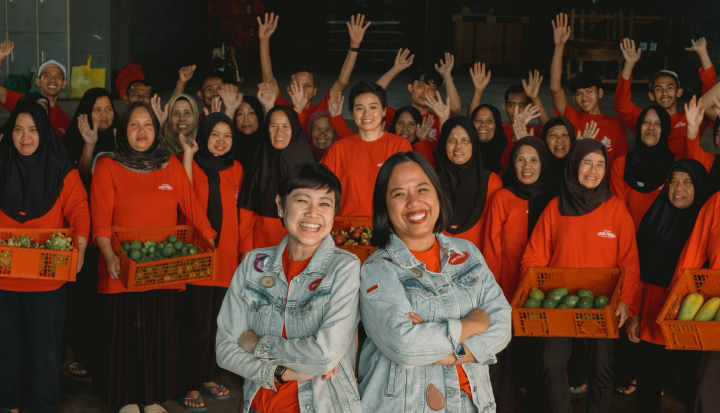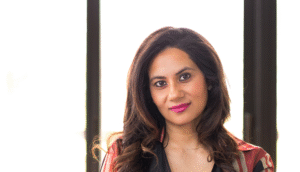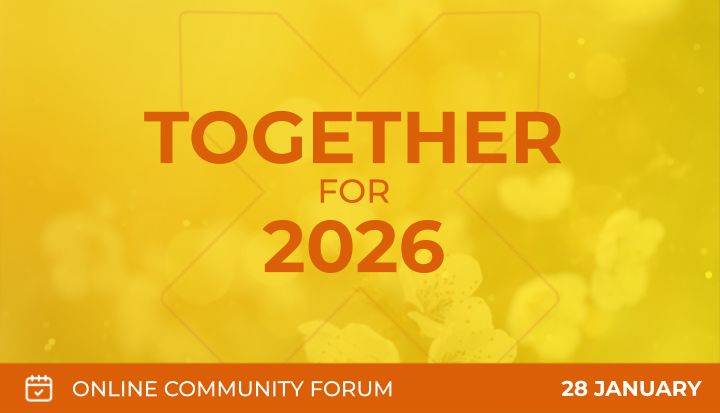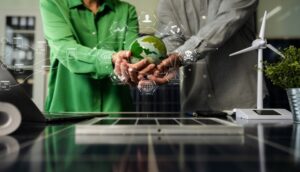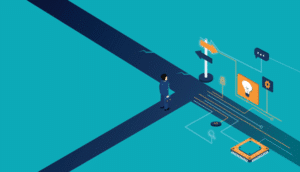Hej! I’m Åsa Skogström Feldt, and I’m sharing some summer reflections based on my experience leading IKEA Social Entrepreneurship. It’s been over a decade since we first launched our journey in this space, a journey that began by partnering with social businesses to create jobs in areas where it’s most needed. Thirteen years later, that same spirit continues to shape our work.
Today, we’re proud to partner with social businesses to create collections like MÄVINN, and we support more than 100 social enterprises each year in places as diverse as India, Poland, Chile, Indonesia and Sweden. As we look ahead, the question I keep coming back to is: how do we continue to fuel a movement that is both deeply human and systemically powerful?
Why social entrepreneurs matter more than ever
The space for social entrepreneurship balances on the edge between philanthropy and business. While momentum has grown over the years, there’s now a very real risk of losing ground. Government priorities are shifting, attention is scattered, and yet, the need for social innovation has never been greater.
Social entrepreneurs are not just doers; they’re system thinkers, community builders, and catalysts for inclusion. They work in the (sometimes messy) middle of society’s toughest challenges, creating a better everyday life for people from vulnerable and marginalised groups. And they do this with limited resources, often under-recognised and under-supported.
Now is the time for all of us, governments, corporates, funders, civil society — to step in with urgency, empathy, and practical tools. We need to keep fueling the movement while focusing on working together to measure outcomes and impact, and avoid mission drift.
This means more blended capital, stronger networks, better market access, and a mindset shift that recognises social entrepreneurship not as charity, but as innovation that benefits everyone.
The circular society needs inclusive solutions
Take the circular economy, for example. There’s growing recognition that isolated technical solutions — recycling this, redesigning that — often lead to new, fragmented challenges. We also need to address the social dimension. Informal waste workers, for instance, play a pivotal role in circular systems but are often excluded from formal strategies.
Research we’ve supported identifies informal waste workers and other vulnerable groups as key players in the circular economy, highlights the crucial role of social entrepreneurs, and stresses the need for corporations and governments to foster demand for renewable materials and circular products at scale.
At IKEA, sustainability is central to our business, and we want to be a force for good for people, society and the planet. We work hard to integrate sustainability into every aspect of our business and consider social entrepreneurs as vital innovators and contributors — acting as both business partners and in learning relationships through co-worker engagement.
Leadership for system change
Real transformation requires more than new models. It requires new mindsets. I often refer to the Inner Development Goals, a framework that helps us understand the personal capabilities needed to achieve the UN Sustainable Development Goals. These include empathy, collaboration, openness, and courage.
One book that’s influenced my thinking here is Teal Trust Transparency by Alicia and Rolf Medina. It’s a thoughtful guide on self-organisation and leading with trust. And if you’re interested in psychological safety, a crucial ingredient for innovation, this article is a great place to start.
What’s next: Scaling impact in Sweden and beyond
IKEA Social Entrepreneurship continues to invest in accelerator programmes focused on inclusive employment, inclusive circularity, and inclusive agriculture and food. We now run programmes in 20 countries and counting.
One of our latest initiatives brings us full circle to Sweden and back to the origin of IKEA. Together with Reach for Change, we’ve launched a new three-year programme to support local social entrepreneurs. With support from IKEA Sweden, we aim to strengthen Sweden’s social enterprise sector, supporting 22 innovative changemakers to scale their impact, increase inclusion, and improve the well-being of vulnerable and marginalised communities across the country. It’s a reminder that while our challenges are global, solutions must also be deeply local.
And speaking of Sweden, we’re going to be at Impact Week Europe in Malmö in November. We’ll also be attending Impact Minds in Medellín and Social Enterprise World Forum in Taipei. We’d love to connect with you there to learn from each other and build the kinds of cross-sector partnerships that keep the momentum going and fuel real progress. Because a more inclusive, circular, and compassionate future is not only possible — it’s already being built by social entrepreneurs around the world.
